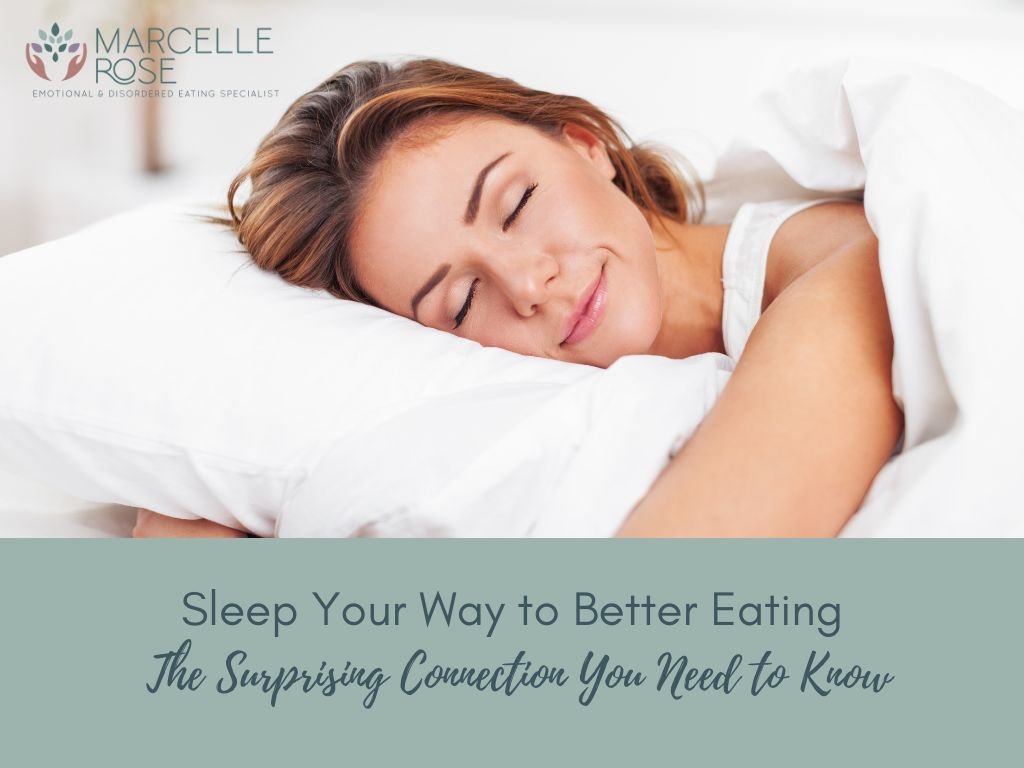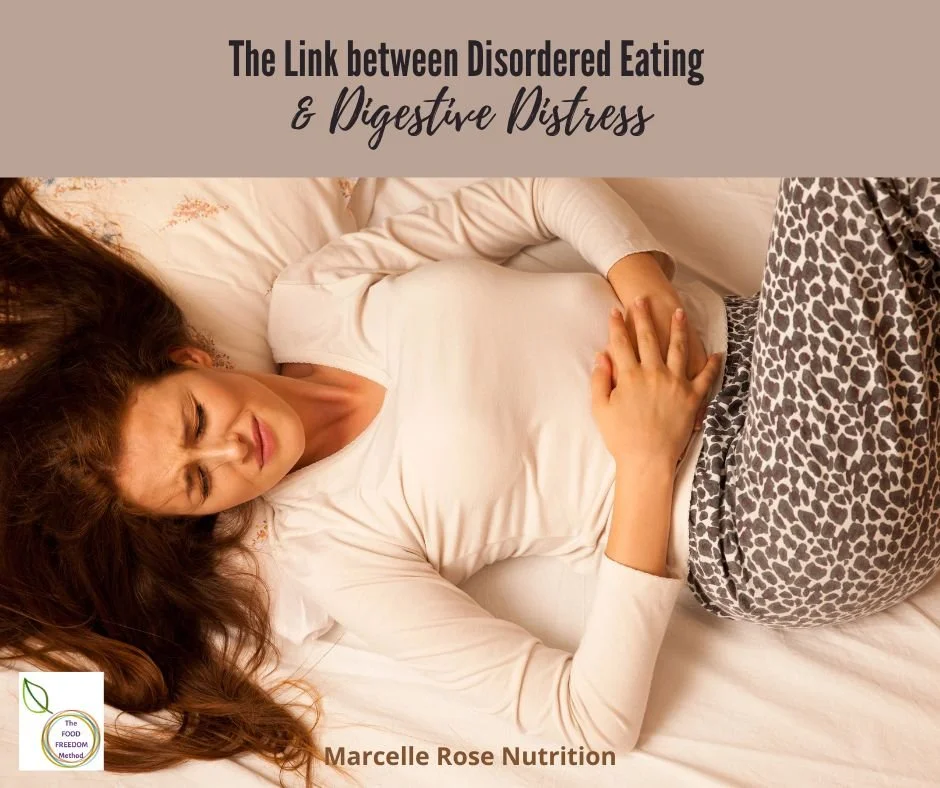Emotional eating is essentially eating food in response to emotional triggers rather than your physiological hunger cues. It can involve eating to numb or suppress uncomfortable feelings or seeking comfort through food. It often occurs impulsively and can lead to overeating or binge eating. Navigating this eating behaviour can be tricky, and many fall into common traps when trying to overcome it.
The three common mistakes people make:
1. Thinking Emotional Eating Is Always a Bad Thing
Emotional eating is a behaviour that’s deeply ingrained in human nature and contrary to popular belief, isn’t inherently negative. During celebrations we might eat delicious cake when we’re not hungry. Perhaps because it’s a happy event, to be sociable and connect with others.
However, it's important to recognise when emotional eating becomes problematic. This happens when these eating patterns become your primary coping mechanism or lead to feelings of guilt and shame. Instead of berating yourself for turning to food for comfort, it's important to embrace self-compassion. By understanding that seeking comfort through food is a natural human instinct, you can shift away from negative self-judgment that keeps you stuck in the never-ending cycle of guilt and shame.
2. Falling into All-or-Nothing Thinking
"All or nothing" thinking is a cognitive distortion that can exacerbate emotional eating patterns. This mindset categorises behaviours as either entirely good or entirely bad, leaving no room for flexibility. For instance, you might think, I've already eaten something I shouldn’t have, so I might as well just continue
Breaking free from this loop involves challenging the black-and-white thinking and adopting a more balanced approach to eating and self-care. Your relationship with food is a life long journey but one that gets easier as you collect the required tools and strategies along the way.
Rather than viewing food choices as moral judgments, it's critical to work on self-awareness and mindfulness around your eating habits. This includes recognising triggers for emotional eating events and developing alternative coping strategies.
3. Turning to Dieting as a Solution
For many people, the instinctual response to an emotional eating episode is to start a new diet. However, this approach often backfires, exacerbating the very issues it aims to solve. Dieting commonly fuels feelings of deprivation, leading to intensified cravings and an unhealthy preoccupation with food.
Rather than viewing dieting as a solution to emotional eating, think about what might have led to the eating behaviour. Were you sad, lonely, angry, premenstrual, tired or sleep deprived? Did you experience a body image situation, have a disagreement, or notice a recurring source of distress? Become curious without offering up self-judgement and you may be amazed at the transformative power it holds.
If the idea of tackling your eating patterns feels overwhelming and you're unsure of where to begin, take a look at my FREE guide Breaking the Cycle - Your First Steps to Healing Your Relationship with Food to kickstart your journey today
This invaluable resource will help you:
✔️Know when you’re really hungry and when you’re not
✔️Learn when to eat that’s best for you
✔️Know the best snacks to help you stop craving and feeling out of control











